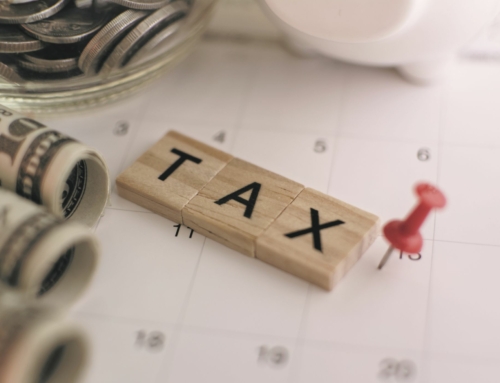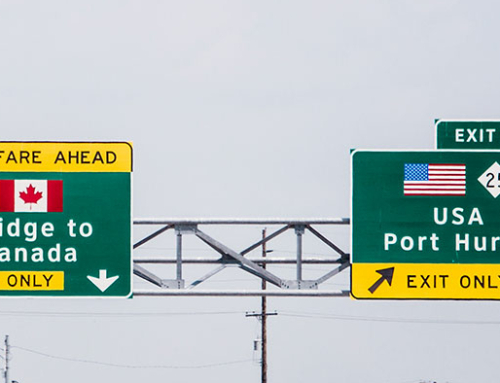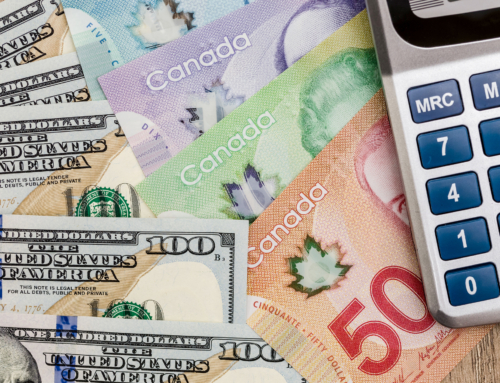
Here is an excerpt from Chapter 14 of Owning U.S. Property – The Canadian Way, by David A. Altro.
DIFFERENCES BETWEEN BUYING PROPERTY IN THE U.S. VS. CANADA
Title Insurance
Title insurance is one of the differences between buying property in the U.S. vs. in Canada.
In Quebec, title insurance generally is not applicable for residential real estate and not used on an everyday basis. However, across the U.S., every purchaser and every bank that provides mortgage money requires title insurance. I deal with title companies in Florida, Arizona, Hawaii and Cal- ifornia on a regular basis.
What’s the purpose of title insurance? It protects the buyer from title problems that exist prior to closing on the purchase, but are not detected by the closing agent at the time of closing.
Picture this: Steve and Sabrina bought a condo in Boca Raton, Florida for $500,000 five years ago. They just sold it to Joan; her attorney’s examina- tion turns up a title defect. Apparently, when Steve and Sabrina purchased the condo from an estate, the will was not properly probated for that estate; as a result, the title was not clear.
Mistakes happen. The title company, or the attorney for Steve and Sabrina, did not properly verify that all the formalities of the probate of the estate were in accordance with the Florida Probate Code.
What happens to Steve and Sabrina now? Well, the beauty of title insur- ance is that the title company will hire an attorney at its own expense to cure the title defect and cover any of Steve and Sabrina’s damages with respect to any delay or problem in curing the defect. That’s title insurance.
The one-time premium payment on title insurance is typically paid for by the seller, although local custom in the county prevails. For example, in Miami-Dade County and Browart County, the title insurance cost is typi- cally paid by the buyer. However, given the nature of the market, foreclo- sure and short sale, whatever has been negotiated will prevail.
Inspection
The right to inspect the property under the contract is a very important issue. In the standard Florida contract for sale and purchase, the buyer has the right to inspect, and the seller is obligated to make repairs up to a certain percentage of the purchase price. For example 1.5% of the purchase price of $500,000 which equals $7,500.
The foregoing percentage is a negotiable matter. The seller may want to delete such obligation, whereas the buyer may want to increase it.
Closing
Let’s see how we can reduce the amount of the gain.Your initial purchase price of $500,000 is known as your cost basis. It can be adjusted upward by the amount of renovations, special assessments of your condominium association and/or homeowners association, and your closing costs and legal fees upon your initial purchase. Let’s say that amount equals $100,000. Now you have an adjusted cost basis (known as the ACB) of $600,000. Now, let’s look at your gross sales price of $1 million to see whether we can reduce it. Deductions include broker’s commission, closing costs, and your attorney’s fees. Let’s say that equals $50,000. Therefore the net gain is
$350,000. That leaves you with a U.S. capital gain tax of $52,500 U.S. depending
on how you hold title.
Transfer Tax
Is there a tax on the transfer of real estate in the U.S.? Well, this is a state jurisdictional issue. In Florida the documentary stamp tax on the transfer of real estate is $7 per thousand. Typically, this is paid by the seller. Again, given the nature of the market, whatever has been negotiated will prevail.
BUYING RESALE VS. BUYING FROM A BUILDER
Certainly there is less risk and stress when you purchase an existing home that is completed and has been lived in for numerous years. In today’s market there are many very good opportunities with resale as a result of foreclosures and short sales (see explanation of short sales further on). Many homeowners purchased their property with little or no money down and with artificially low interest rate mortgage loans. The combination of higher and not affordable interest rate renewals and lower real estate values has resulted in the evaporation of equity. So homeowners are giving the keys to the bank and walking away.
If you buy from a builder, your best bet is to purchase from his existing inventory. Just like with a purchase of a car that is sitting on the dealer’s lot, buying a home or condo from a builder where it is sitting in inventory, completed but unsold, should get you your best buy. This also takes away the worry of whether he will finish it or go bankrupt, and you can see the quality of the work before you commit.
Things to watch out for when you buy from a builder, Be careful! The title examination would expose whether there are any liens registered by the contractors or sub-contractors or suppliers of material. For example, if there is a dispute between the contractor and the kitchen cabinet maker such that the cabinet maker is not paid, the latter will file a lien on the property you are purchasing. This has to be settled and the lien satisfied prior to closing.
Also check carefully that all permits have been closed, which means the city has inspected the premises and issued a Certificate of Occupancy (CO) in compliance with the building code.






